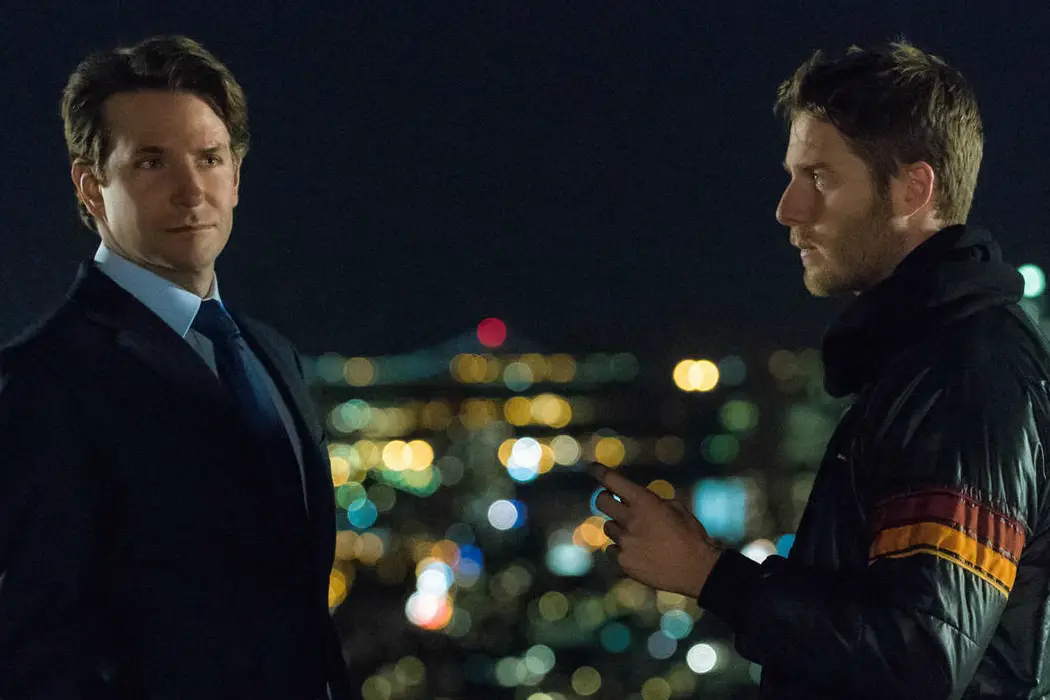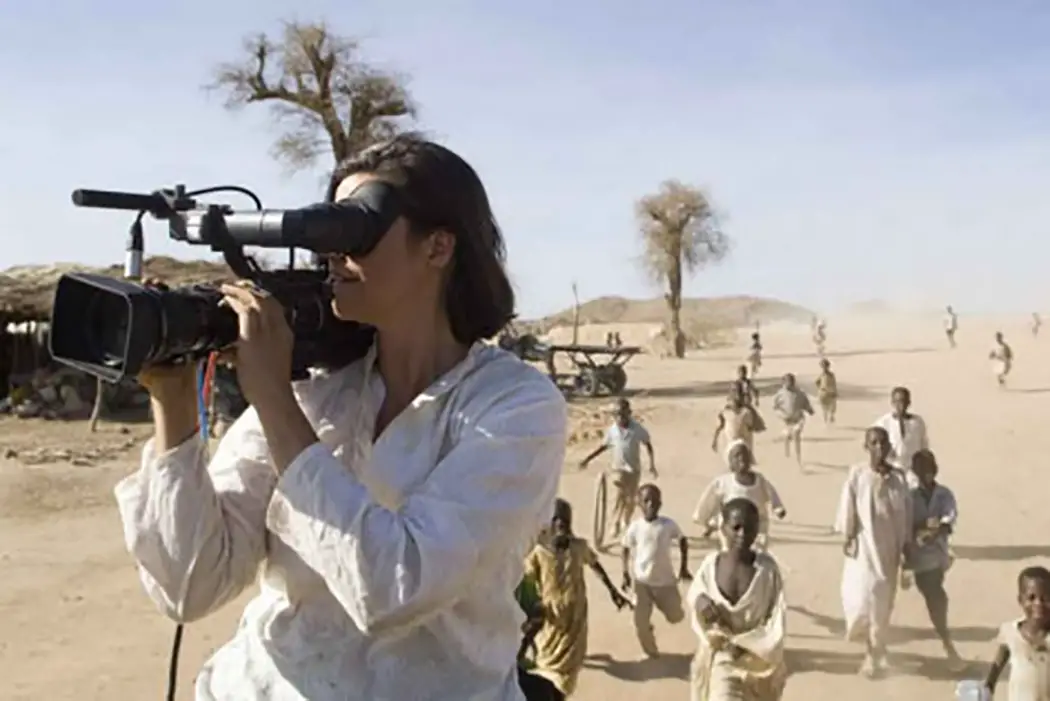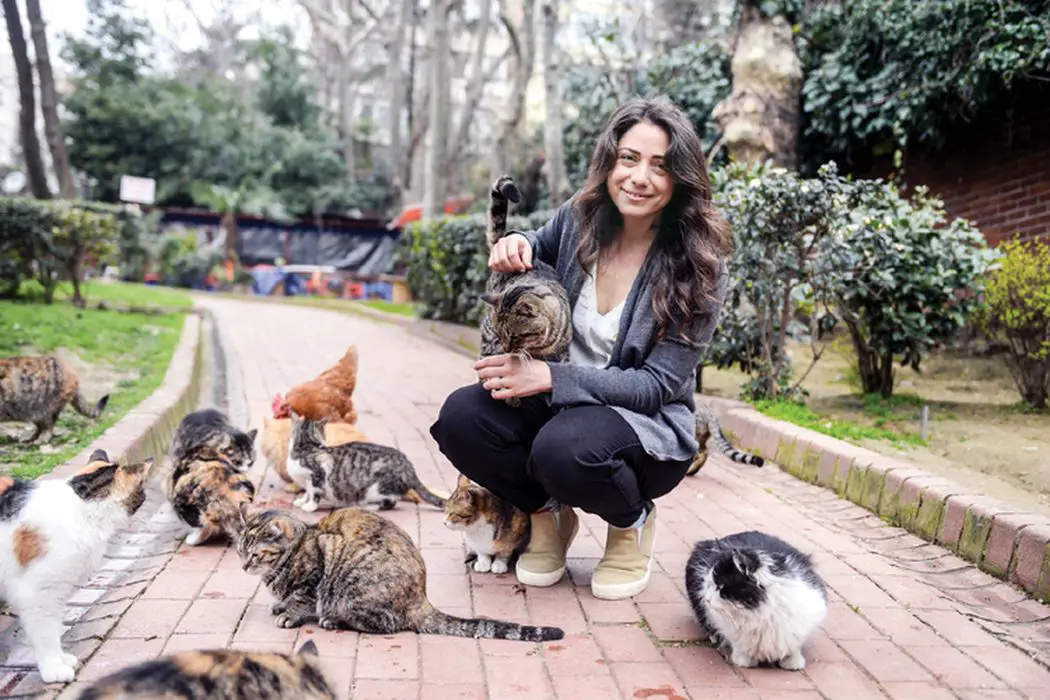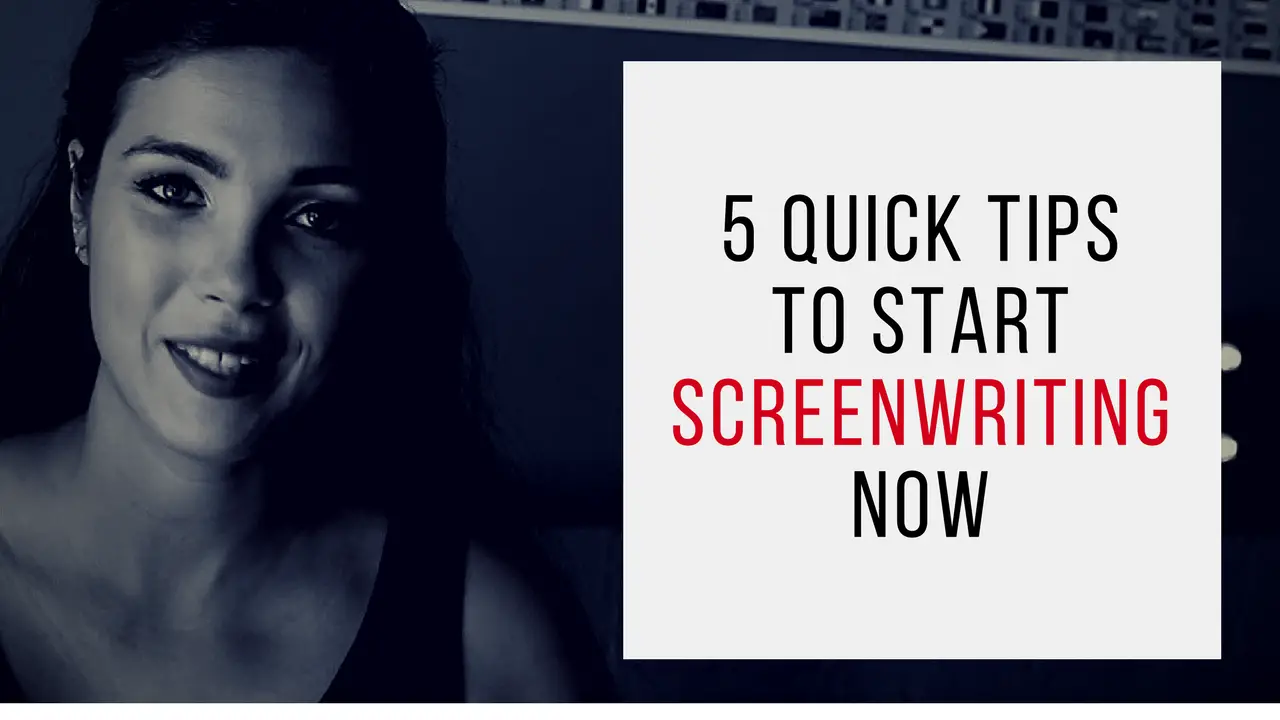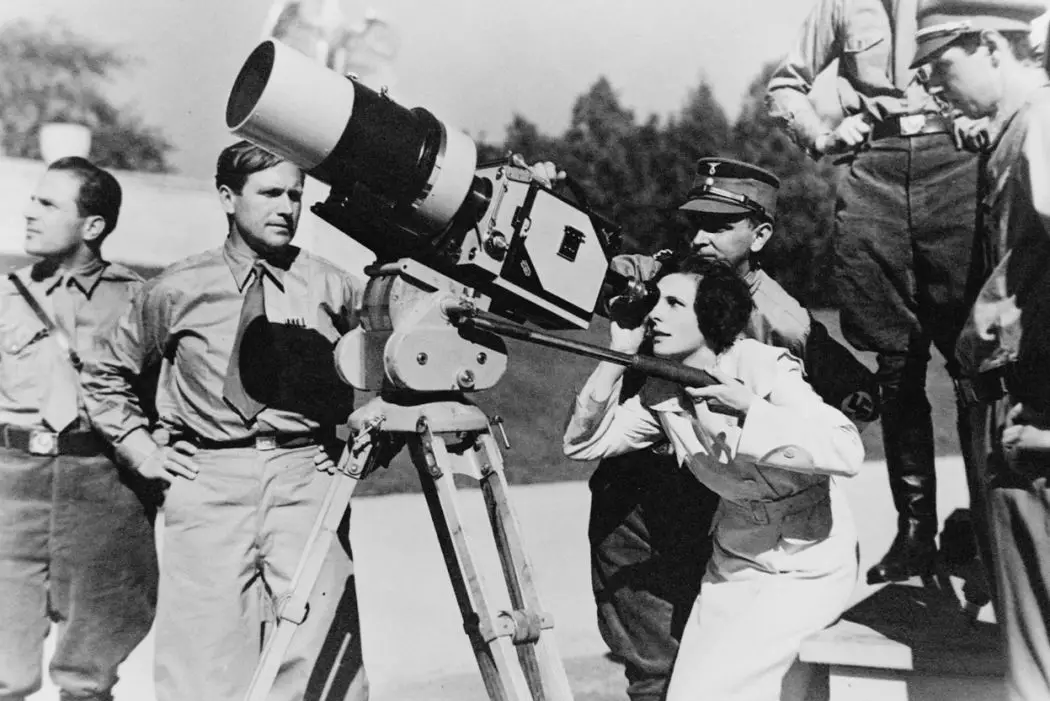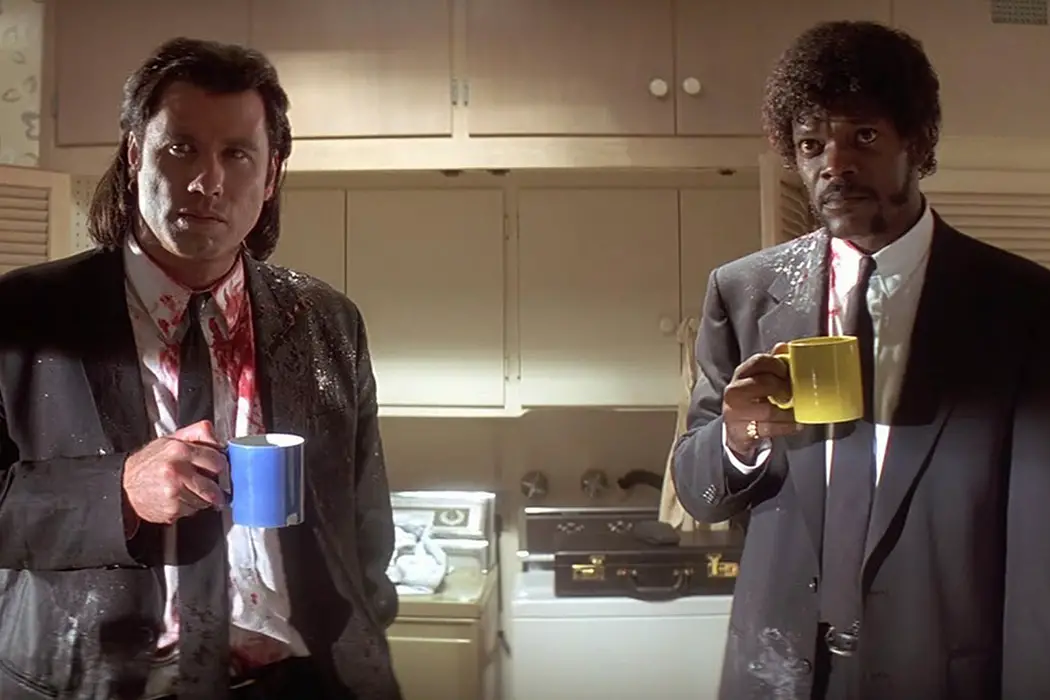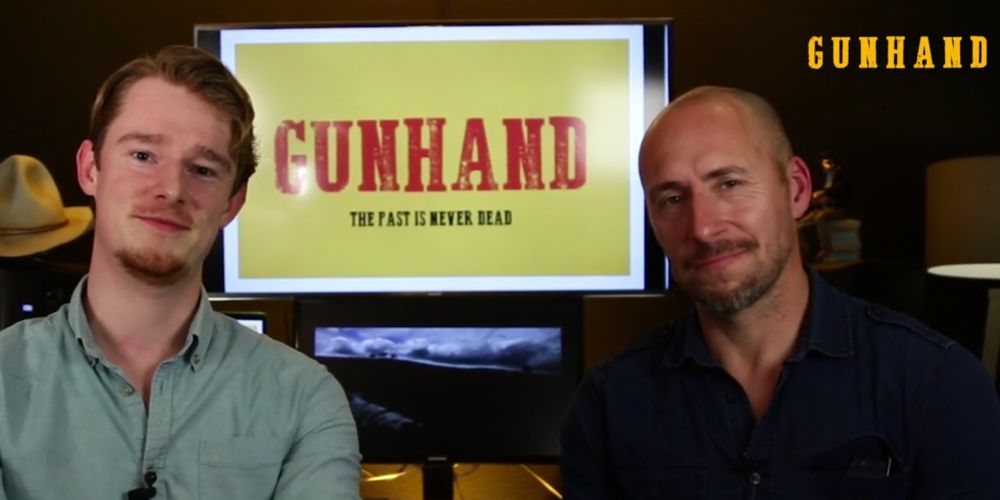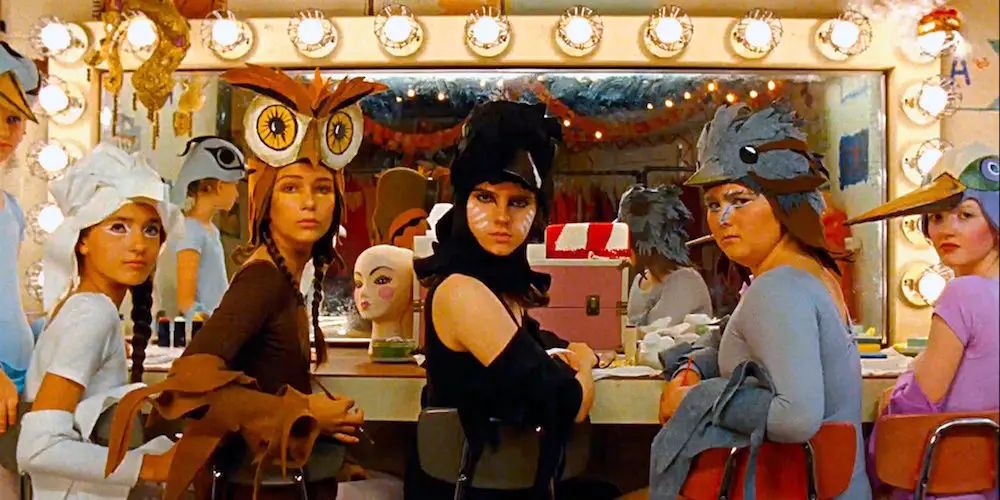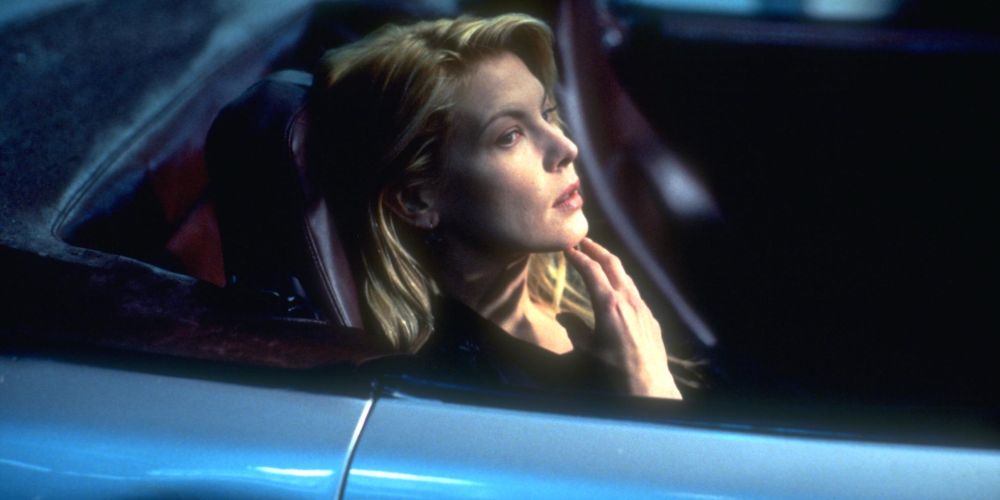filmmaking
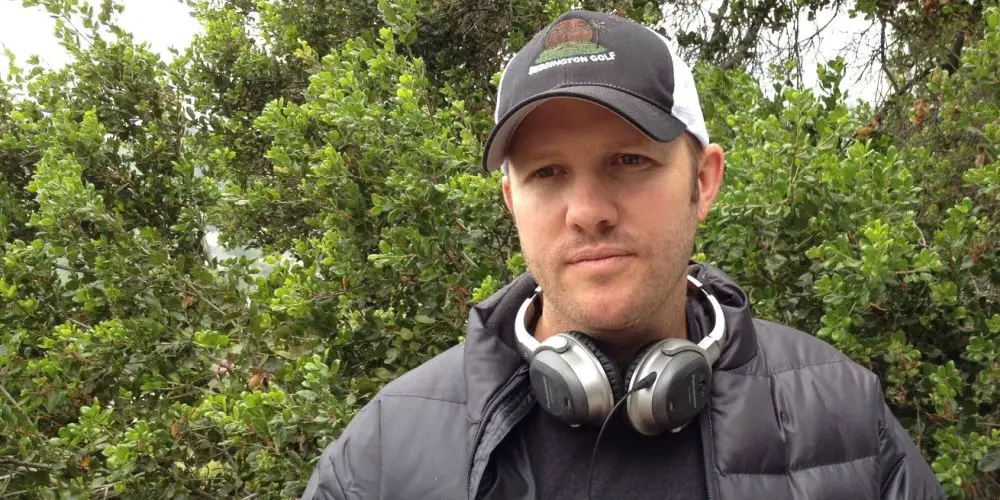
Director Lee Kirk is just about to release his sophomore effort, Ordinary World. The film is about an former rockstar, played by Green Day’s Billie Joe Armstrong, reflecting on the “path not taken”- of committing to his rock-god dreams, instead of settling down in the suburbs and raising a family. Alistair Ryder spoke to the filmmaker about the autobiographical nature of the film and how his love of music helped bring the screenplay to life.

As readers may or may not know, I took a break from writing these past few months as I was running my first ever film festival. The Drunken Film Fest (DFF) had its inaugural year in Bradford, England this past summer and it was pretty successful for a first year free film festival, if I do say so myself. However, my background when it comes to festivals is not in running them, but rather in trying to get accepted to them.
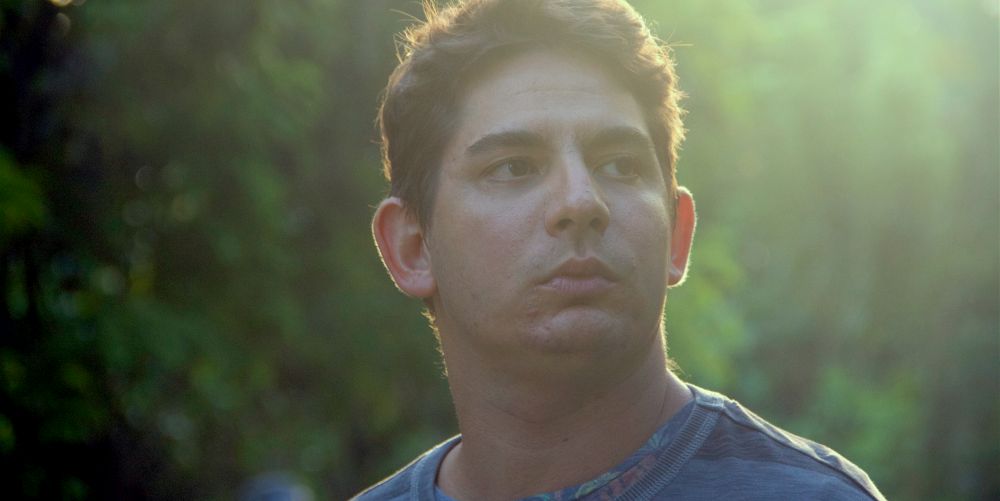
Recently, I spoke with filmmaker Phil Giordano. Originally from Staten Island, New York, he elected to take the NYU’s Directing Program in Singapore, which is where he lives today. In 2010 he released the controversial short film The Empty Playgound, about a man struggling with inner-demons who tries to abduct a young girl from a playground.


